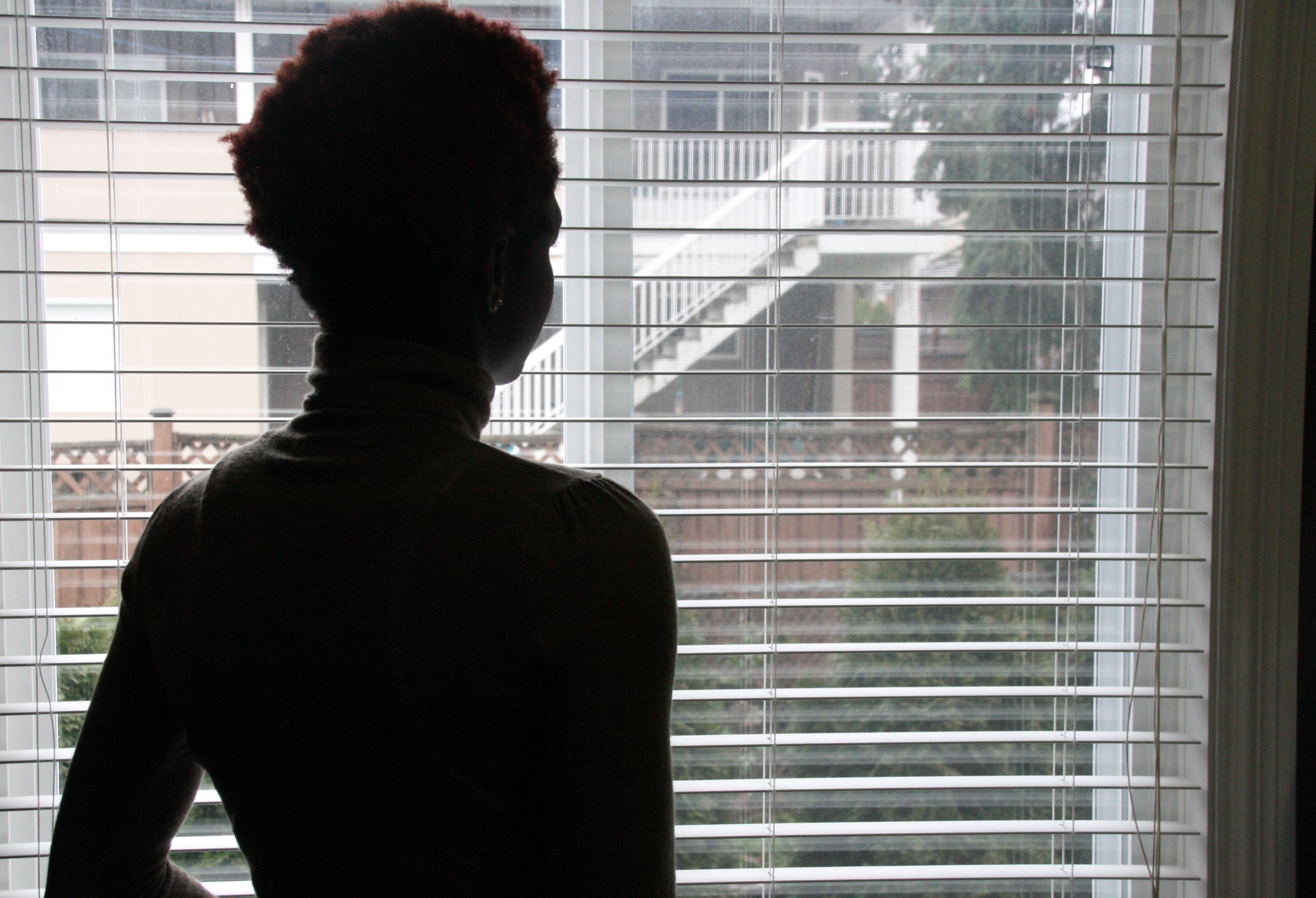In less than 24 hours, a lesbian living in Vancouver could face prison, harassment and vigilante violence if Canada rejects her request for asylum and sends her home.
The woman says there’s a warrant out for her arrest in her West African country of origin, where being gay is illegal. Xtra agreed to refer to her only as Angela, and not to specify her home country, because if forced to return there, she believes she will face imminent danger.
“You know your life is going to end on the day you step your feet back in that country,” Angela tells Xtra by phone.
Though a death sentence is not a legally sanctioned penalty for homosexuality in Angela’s home country, she says murder is common when people are outed, and she fears for her safety at the hands of the public and police.
“You are treated as if you are dead in public. Public insults, violence, public disgrace, so many things. You have harassment from people if you are in public,” she says. “For me, I’ll be taken straight to jail because I already have a warrant back home.”
Angela’s deportation is scheduled for Friday, Jan 26, 2018, unless a judge or Canada’s Ministry of Immigration, Refugees and Citizenship grants an emergency stay of removal.
Community support workers helping Angela say her case has been mishandled.
Angela came to Canada to study as an international student in 2014. She applied the following year for asylum after photos of her and her then-girlfriend surfaced on social media.
Her family cut her off financially, she says, and her girlfriend was then arrested and allegedly assaulted after a newspaper back home named and outed them both.
But Canadian officials denied Angela’s request for asylum.
Her public outing was not entered as evidence when officials assessed the risks she might face if deported.
And the adjudicators at her Immigration and Refugee Board hearing found her not credible, and questioned whether she was really a lesbian.
“My sense is that under prolonged questioning — she was 18 at the time, a trauma survivor, and spoke kind of haltingly and hesitantly at the best of times — and then under difficult questioning basically broke down,” says Sharalyn Jordan, chair of Rainbow Refugee, an LGBT refugee support group in Vancouver.
“For over five hours, two representatives of the state — a minister’s representative and a board member — questioned her in a very aggressive way,” Jordan says.
Jordan says it’s more common in BC to have a minister’s representative present than in other provinces, and this can make refugee hearings much more adversarial.
“Hearings are supposed to be non-adversarial, respectful and fair. We have some very clear guidelines now about that, which weren’t in place when she had her hearing, but we still had a commitment at that point to treat people who are trauma survivors with respect, and this didn’t happen,” Jordan says.
Angela was first scheduled for deportation in January 2017, but at the last minute she was granted a second chance to prove she’d be in danger if sent home. But her future remained uncertain.
Her lawyers spent the next year preparing her case. Jordan says a federal court and the government’s own lawyer agreed that Angela’s first deportation risk assessment had failed to meet legal standards.
But Angela’s second risk assessment in December 2017 was “just as bad,” Jordan says, because risk assessment officers still lack proper training and sensitivity to understand LGBT refugees and trauma survivors.
“What is happening is LGBT refugees are caught in a system that is very much the legacy of the previous Conservative government that has not been reformed by our current government,” Jordan explains.
“Canada has an obligation not to return people to countries where they face torture, cruelty or death and to ensure that all legal means have been exhausted before someone is returned,” Jordan says, “and this hasn’t happened in Angela’s case.”
Jordan is holding out hope that a federal court will “do the right thing” and grant a stay of removal after Angela’s emergency hearing on Jan 25.
While living in Canada, Angela met another refugee from a different country who is now a permanent resident here, and the two have since married.
Angela hopes Canada’s immigration minister, Ahmed Hussen, will let her stay long enough for her own application for permanent residency to be considered.
A spokesperson for the immigration ministry told Xtra it can’t comment on individual cases due to privacy concerns.
“I’m really worried right now about Friday,” Angela says. “I feel bad, I barely sleep nor eat since two weeks ago. It’s not all about me; it’s about my wife too. She hasn’t been good, it affects both of us and going back home is the last thing me or anyone in my place would want to do.”

 Why you can trust Xtra
Why you can trust Xtra


